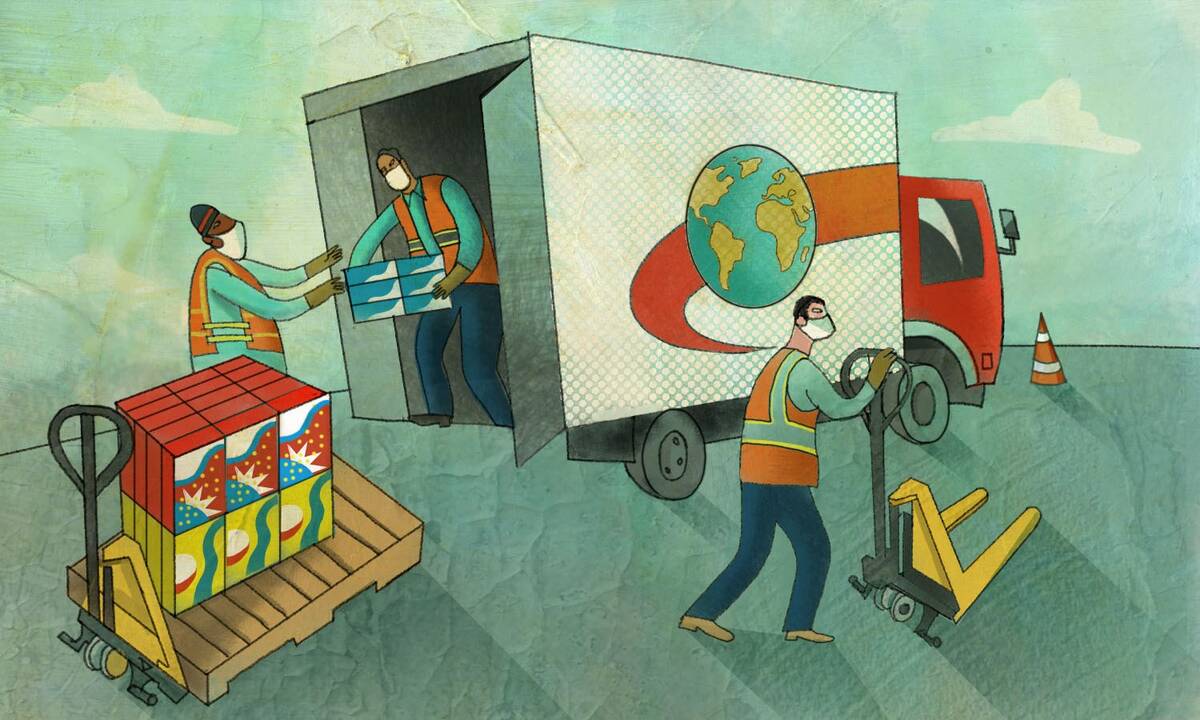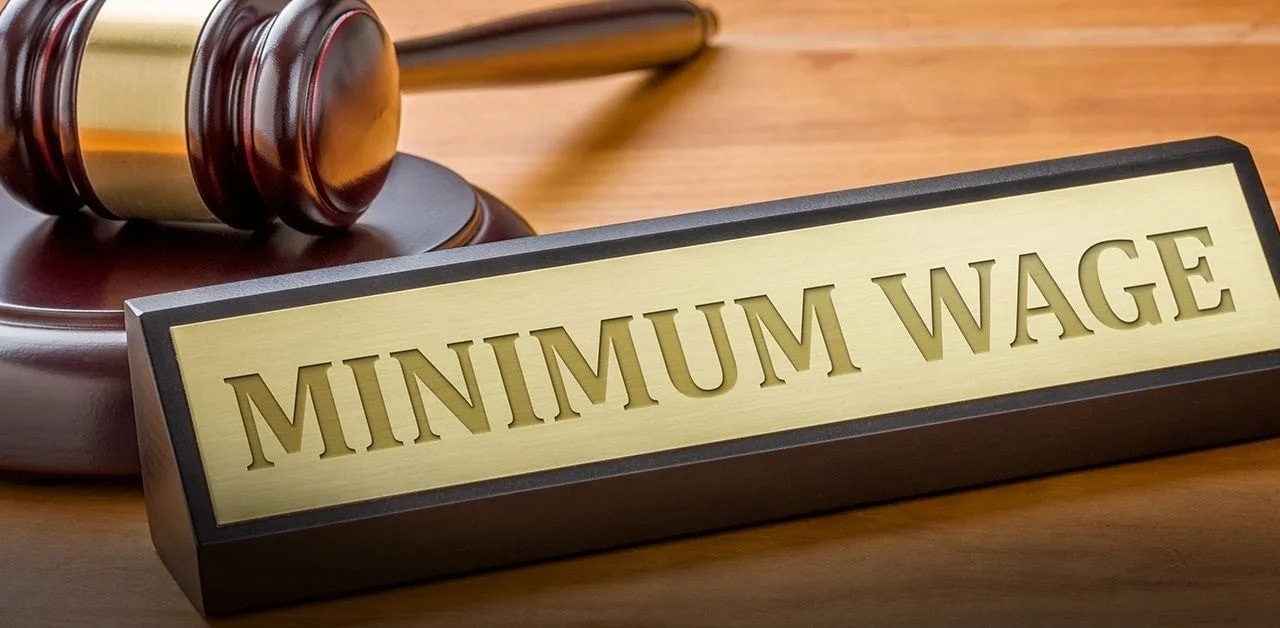In an era where financial narratives like minimum wages often overshadow ethical considerations, it’s essential to scrutinize the consequences of relentless corporate greed and its impact on the broader society. Drawing inspiration from the striking sentiments of Gordon Gekko—a character in Oliver Stone’s “Wall Street”—who famously proclaimed, “Greed is right,” we are compelled to examine the harsh realities faced by workers and consumers in today’s economic climate.

Minimum Wage: The Burden of Price Increases on Consumers
Recently, there has been a notable trend among fast-food chains, particularly in states like California, where minimum wages have seen substantial increases. For instance, the wage for large fast-food chains was raised to at least $20 an hour, a significant jump from the previous $16.
This legislative change aimed to improve living standards for workers has, paradoxically, led to higher prices at these establishments.
Such price hikes, often justified as necessary responses to increased labor costs, arguably reflect a deeper, more systemic issue of corporate greed—a sentiment echoed by the fictional Gekko, yet manifesting in very real consequences for everyday people.
The rise in costs directly impacts consumers, who find themselves paying more for the same services, an unfair shift of burden that benefits the corporations’ bottom lines at the expense of the public.
Furthermore, the introduction of kiosks to replace human workers is a telling move towards cost-cutting, further marginalizing the workforce under the guise of technological advancement.
Opinion | Fast-food businesses hiking prices because of higher minimum wage sound like Gordon Gekko https://t.co/s6Qft1omco
— USA TODAY (@USATODAY) April 24, 2024
Challenging the Corporate Creed of Profit Maximization
The doctrine of “shareholder primacy,” which holds that corporations are primarily accountable to their shareholders, often serves as a rationale for decisions that prioritize profits over people.
This principle has been used to justify a range of practices, from aggressive cost-cutting to overlooking safety in favor of profit margins, as seen in various industries from aviation to firearms.
Critics of this approach argue that such a narrow focus on financial gain undermines the potential for businesses to contribute positively to society.
It fosters an environment where ethical considerations are secondary to economic ones, leading to societal disillusionment with the capitalist system. This sentiment resonates strongly with those who, like myself, have witnessed the long-term effects of prioritizing profit over ethical considerations in teaching and community work.

The Moral Imperative for a Living Wage
The discussion around minimum wage increases is not merely an economic debate but a moral one. Advocates for higher wages argue that it is not only an economic necessity but a moral imperative to ensure that workers can live with dignity from their earnings without requiring multiple jobs or government assistance.
This stance challenges the long-held belief that the market should dictate wages without government interference. Critics of increased minimum wage often cite potential adverse effects like inflation and unemployment. However, these arguments often overlook the essential need for a balance between profit-making and fair labor practices.
Beyond Economics: The Value of Social Contributions
Reflecting on my experiences as an educator, I’ve learned that the value of work is not solely defined by economic compensation. Helping students overcome challenging circumstances has often provided a sense of fulfillment that transcends monetary reward.
This perspective underscores the importance of re-evaluating our collective priorities and fostering a business ethos that values human dignity as much as financial success.

As we navigate the complexities of economic policies and their implications, it becomes increasingly clear that our choices define us. Embracing policies that encourage fair wages and humane working conditions is not just an economic issue but a reflection of our values as a society.
The debate around minimum wage is a crucial one, where the principles of fairness, equity, and moral responsibility converge. As we consider the path forward, it may be worth pondering whether our economic systems and corporate policies reflect the kind of world we aspire to create—not just for shareholders, but for every member of the community.










